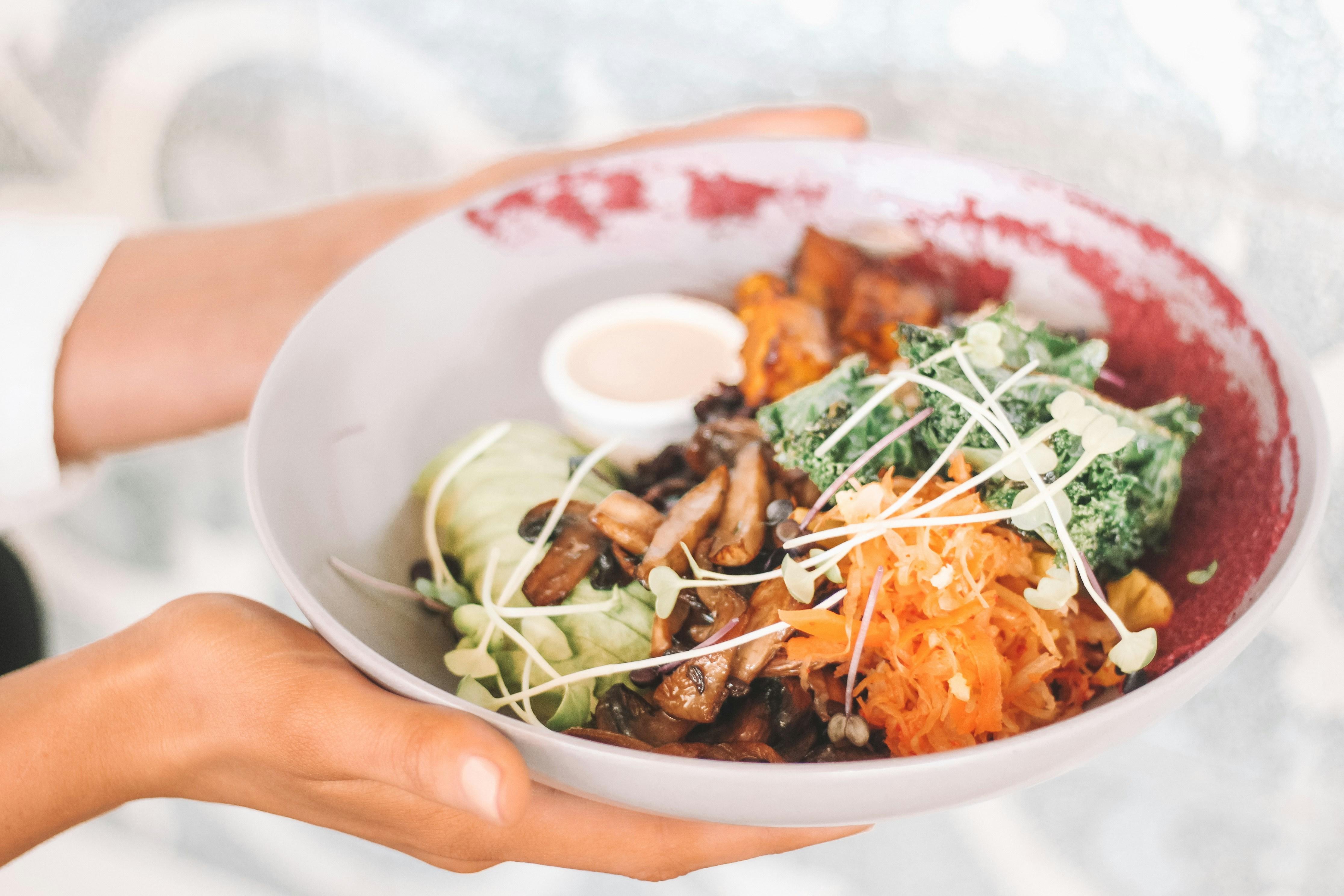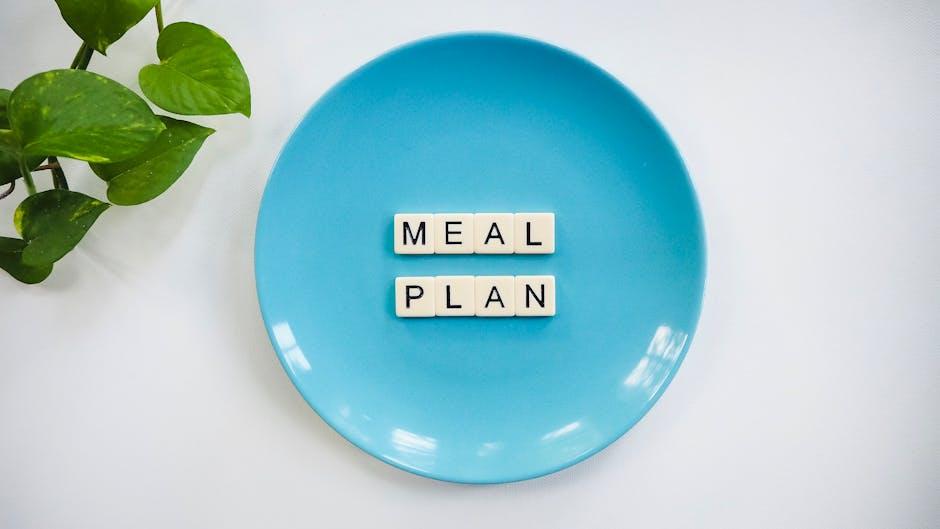In the intricate tapestry of human experience, few threads are as interwoven as those of diet and mood. As we navigate through the ebb and flow of daily life, the foods we consume silently shape our emotional landscapes, often in ways we scarcely recognize. From the invigorating burst of energy after a morning cup of coffee to the comforting warmth of a homemade meal, our dietary choices resonate deeply within us, influencing not just our physical well-being but our mental states as well. This article delves into the fascinating connection between what we eat and how we feel, exploring the science behind this relationship and offering insights into how mindful eating can enhance our emotional health. Join us on a journey through the culinary world of emotions, where each bite holds the potential to uplift or unsettle, to balance or disrupt.
Exploring the Nutritional Foundations of Emotional Well-being
The intricate relationship between what we eat and how we feel is more profound than many realize. Our dietary choices are not just about physical nourishment but are also closely tied to our emotional landscape. Certain nutrients play a pivotal role in regulating mood and emotional health. Omega-3 fatty acids, for instance, are essential for brain health and have been linked to reduced symptoms of depression. B vitamins, particularly B6, B9 (folate), and B12, are crucial for producing neurotransmitters like serotonin, which help stabilize mood.
Incorporating a variety of nutrient-rich foods can create a balanced internal environment that supports emotional resilience. Consider adding the following to your daily diet:
- Leafy greens: Packed with folate and magnesium, they can help boost your mood.
- Nuts and seeds: Rich in healthy fats and magnesium, they support brain health.
- Fermented foods: Such as yogurt and kimchi, which can promote gut health, often linked to improved mood.
- Whole grains: Provide steady energy and are rich in B vitamins.
By understanding and harnessing the power of nutrition, we can foster a diet that not only fuels our bodies but also nurtures our emotional well-being.
How Micronutrients Influence Mood Stability
The intricate role of micronutrients in maintaining emotional equilibrium is both fascinating and essential. Vitamins and minerals, often overshadowed by their macronutrient counterparts, are fundamental in supporting neurological functions. For instance, B vitamins like B6, B12, and folate are crucial for producing neurotransmitters such as serotonin and dopamine, which directly influence our mood and emotional responses. A deficiency in these can lead to mood disorders, highlighting the importance of a well-balanced diet.
Moreover, the mineral magnesium plays a vital role in regulating the body’s stress-response system. Adequate magnesium levels can help mitigate anxiety and promote a sense of calm. Zinc, another powerhouse, is linked to mood regulation and cognitive health. Including a variety of micronutrient-rich foods can help ensure that your diet supports not just your physical health but your mental well-being too. Consider incorporating foods like:
- Leafy greens for magnesium and folate
- Nuts and seeds for zinc and B vitamins
- Lean meats and eggs for B12
Balancing these elements can be a simple yet effective strategy to foster a stable mood.

The Role of Gut Health in Emotional Regulation
The intricate relationship between the gut and the brain has become a fascinating area of study in recent years, shedding light on how our digestive system can significantly influence our emotional well-being. Often referred to as the “second brain,” the gut houses a complex network of neurons and is home to trillions of microorganisms that play a crucial role in producing neurotransmitters like serotonin and dopamine. These chemicals are fundamental to our mood regulation and emotional stability. An imbalance in gut flora can lead to mood disorders, which underscores the importance of maintaining a healthy digestive system.
- Dietary choices: Consuming a balanced diet rich in fiber, probiotics, and prebiotics can support a healthy gut microbiome.
- Stress management: Chronic stress can disrupt gut flora, making stress-reduction techniques vital for emotional balance.
- Avoiding processed foods: Highly processed foods can harm gut health, leading to potential mood swings and emotional disturbances.

Crafting a Mood-Boosting Meal Plan
Designing a meal plan that uplifts your spirits starts with selecting foods that are rich in nutrients known to support mental well-being. Whole grains, such as oats and quinoa, are excellent choices as they provide a steady release of energy and are rich in B vitamins, which are crucial for brain health. Incorporating a variety of fruits and vegetables ensures a robust intake of antioxidants and fiber, both of which have been linked to improved mood and reduced feelings of anxiety. Don’t forget about lean proteins like chicken, turkey, and legumes, which contain amino acids necessary for neurotransmitter production.
- Omega-3 fatty acids: Found in fatty fish like salmon, they are essential for brain function and have been shown to reduce symptoms of depression.
- Probiotics: Foods like yogurt and kefir support gut health, which is closely linked to mood regulation.
- Nuts and seeds: Rich in magnesium, they can help alleviate stress and improve sleep quality.
Hydration is also a key player in maintaining a balanced mood. Ensure you’re drinking plenty of water throughout the day, and consider herbal teas like chamomile or peppermint for their calming effects. By focusing on a diverse range of nutrient-dense foods, you can create a meal plan that not only fuels your body but also nourishes your mind.
In Retrospect
As we close this exploration into the intricate dance between diet and mood, it’s clear that what we consume is more than mere sustenance—it’s a pivotal player in the symphony of our emotional well-being. While the relationship is complex and ever-evolving, the potential to harness the power of nutrition to foster a brighter, more balanced mental landscape is within reach. By becoming mindful of the foods we choose, we can take a proactive step towards nurturing not only our bodies but also our minds. As the journey of understanding continues, let us remain curious, informed, and compassionate towards ourselves and others, embracing the potential of every meal to nourish the spirit as well as the body.


































